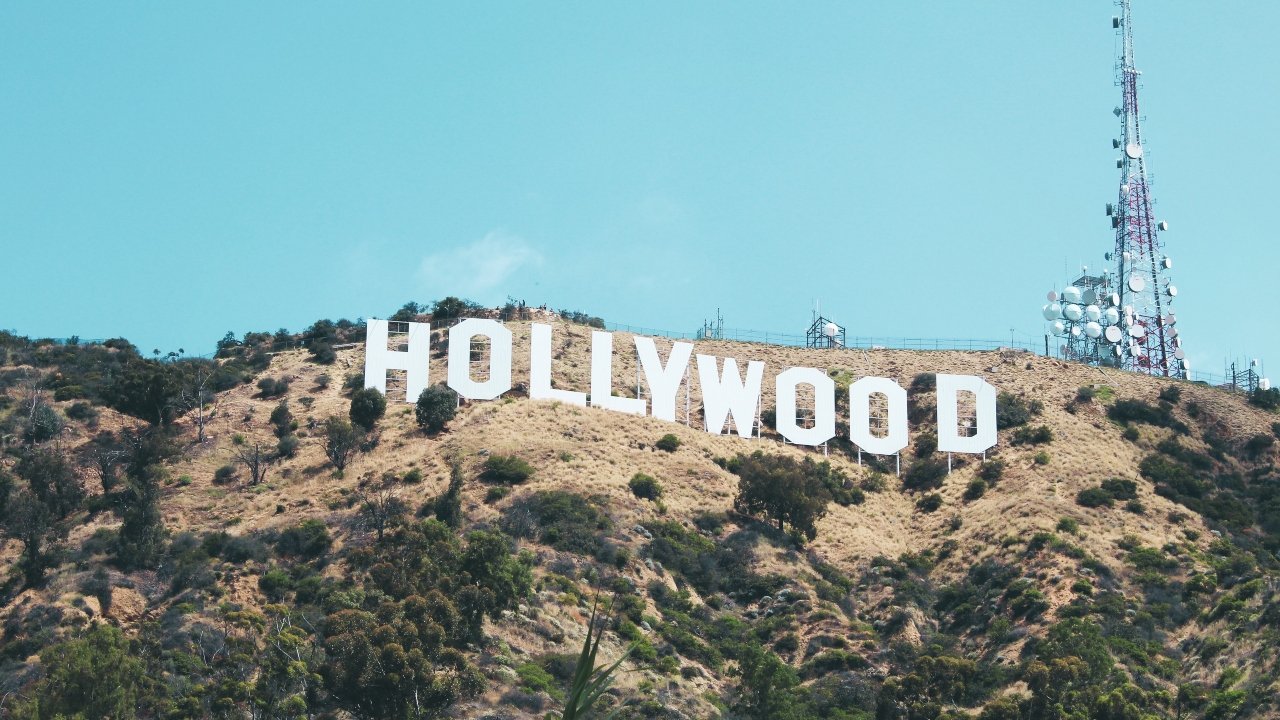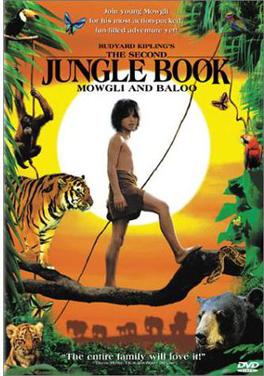
Are Hollywood’s AI Concerns Reasonable?
By Movieguide® Contributor
Since the public became aware of AI’s power primarily through the release of ChatGPT last October, its use in entertainment has been hotly debated. Now a primary issue for the writers’ and actors’ strikes, how reasonable are the concerns?
Because of the rapid development of AI tools, the future of the technology is largely unclear. When it comes to entertainment, the work it can currently produce is much lower quality than humans.
However, some actors, writers and directors fear AI will quickly reach a point where it is on par with or surpassing humans. Others in the industry believe AI will never get to that point and will just become a tool to streamline processes and make moviemaking easier. Either way, AI will forever change the entertainment industry, and the policies for that rapidly approaching future need to be created now.
“Everyone understands that AI is a tidal wave that is coming for us one way or another,” said Sarah Moses, entertainment litigation partner at Manatt, Phelps, & Phillips. “But it’s hard to negotiate right now because there are so many unknowns.”
Director Joe Russo (AVENGERS: ENDGAME, AVENGERS: INFINITY WAR), for example, believes that AI will be able to create feature-length movies within two years. While these movies may not be as entertaining as human-made movies, they would enable new features, like making the viewer a main character.
“At some point, perhaps, you could tell a video-streaming service, ‘Hey, I want a movie starring my photoreal avatar and Marilyn Monroe’s photo real avatar,’” Russo said in an April interview with Collider. “It renders a very competent story with dialogue that mimics your voice… And suddenly now you have a rom-com starring you that’s 90 minutes long. So you can curate your story specifically to you.”
On the other hand, James Cameron (TITANIC, THE TERMINATOR) doesn’t see a future where AI movies are mainstream.
“I just don’t believe that a disembodied mind that’s just regurgitating what other embodied minds have said will ever have something that’s going to move an audience,” he recently told CTV News. “Let’s wait 20 years, and if an AI wins an Oscar for best screenplay, [then] we’ve got to take them seriously.”
Even if AI never creates movies start-to-finish, actors are worried about how it could make them largely irrelevant.
The Screen Actors Guild (SAG) has accused studios of “want[ing] to scan a background performer’s image, pay them for half a day’s labor and then use and individual’s likeness for any purpose without their consent.”
Although the Alliance of Motion Pictures and Television Producers (AMPTP) has denied this, some background actors have been required to submit to a 360-degree image scan or go home without pay. The AMPTP claims any use of these scans will only occur with the actor’s explicit consent.
“AI can create a convincing simulation of a human actor, and the tech is improving at an alarming rate,” former FAMILY TIES star Justine Bateman said. “I stress that this is an existential threat, and if they can do this with actors, they can do it with writers, directors, cinematographers – everyone. We’ll be replaced with Frankenstein spoonfuls of our own work.”
Despite the pushback from actors and writers over the use of AI, most major studios have continued to work on projects with this technology. Amazon, Disney and Netflix recently posted job listings for AI specialists, offering lucrative pay for their work.
“Overall, I’m bullish about the prospects because I think they’ll create efficiencies and ways for us to basically provide better services to customers,” Disney CEO Bob Iger told Wall Street analysts in May.
Amazon CEO Andy Jassy said that generative AI “is going to be at the heart of what we do.”
With the uncertainty of where AI will lead, it’s no wonder those threatened by its future are resisting its use. While it is unclear if AI will ever replace jobs in the entertainment industry, the potential for job replacements feels tangible.
Movieguide® previously reported:
The writers began striking in May to change their contracts to reflect the change in media that has come from streaming, along with fighting for protections against the use of AI to replace jobs. The writers were joined by actors a month later, who went on strike with similar concerns.
The AMPTP, which represents the major studios, has largely ignored the suggested changes, instead offering incremental adjustments to the contracts. The striking writers and actors, however, have made it clear that they will remain on strike as long as it takes for them to push through widespread industry changes.
Even as negotiations resumed, the WGA encouraged its members to continue to picket and make the studios feel the pressure of the striking writers.



 - Content:
- Content: 

 - Content:
- Content: 